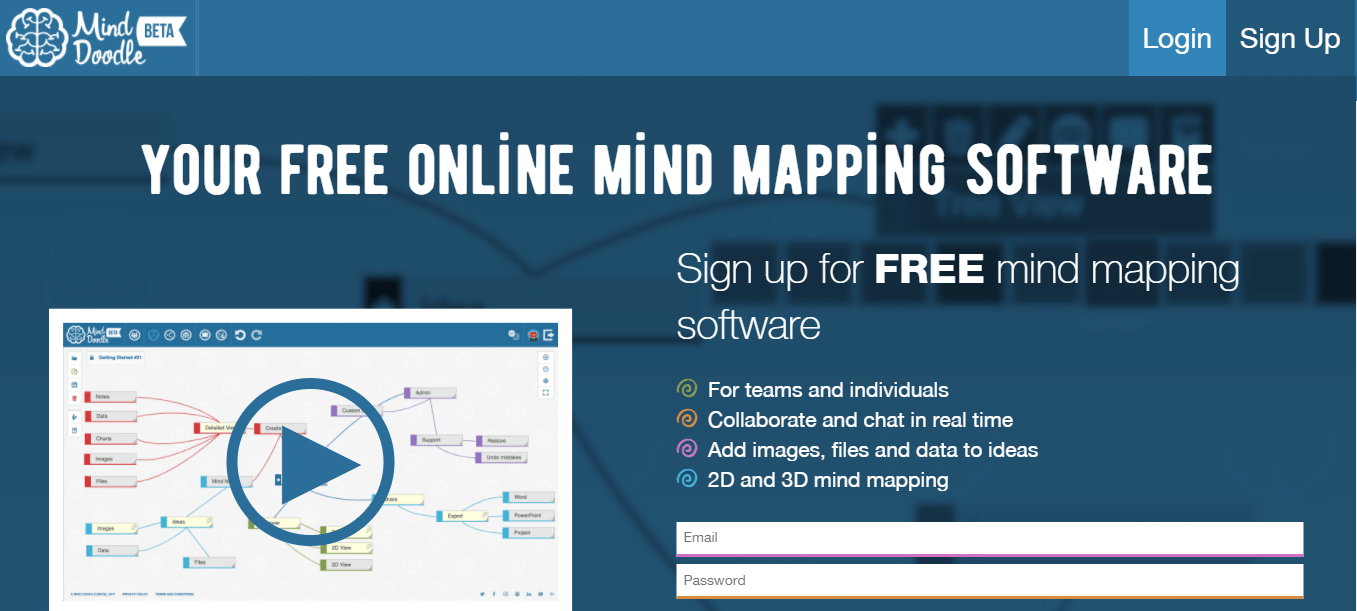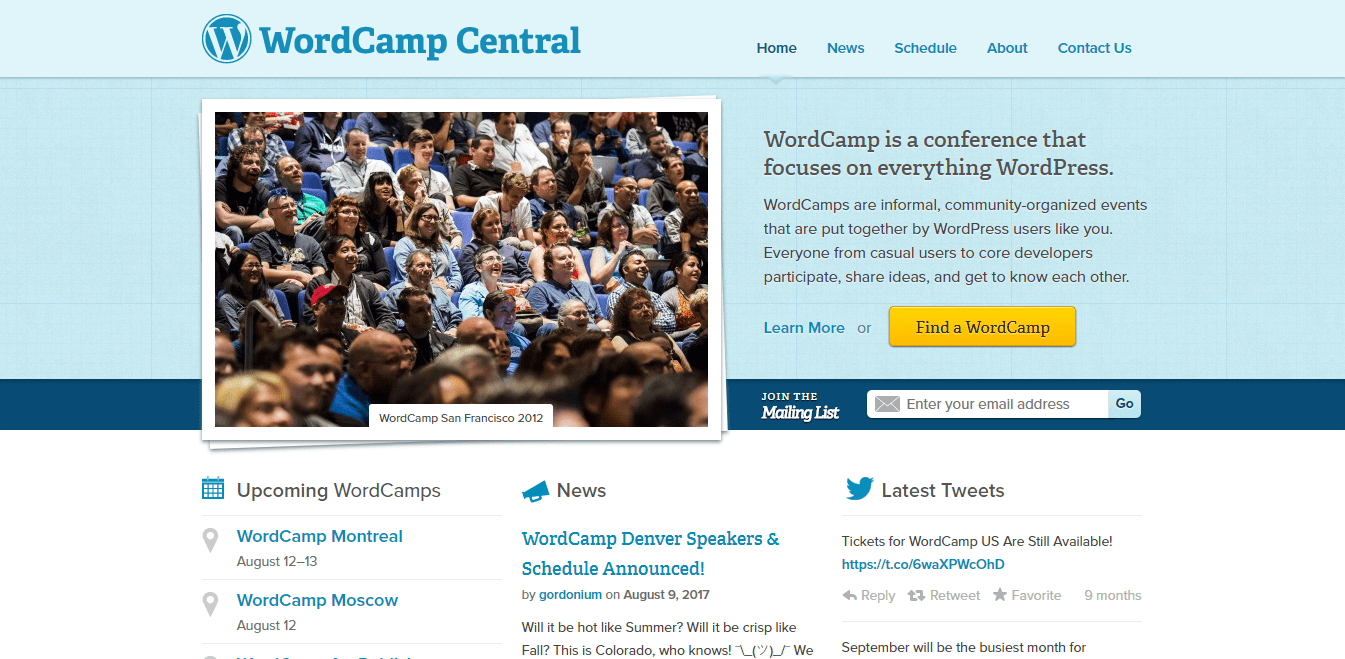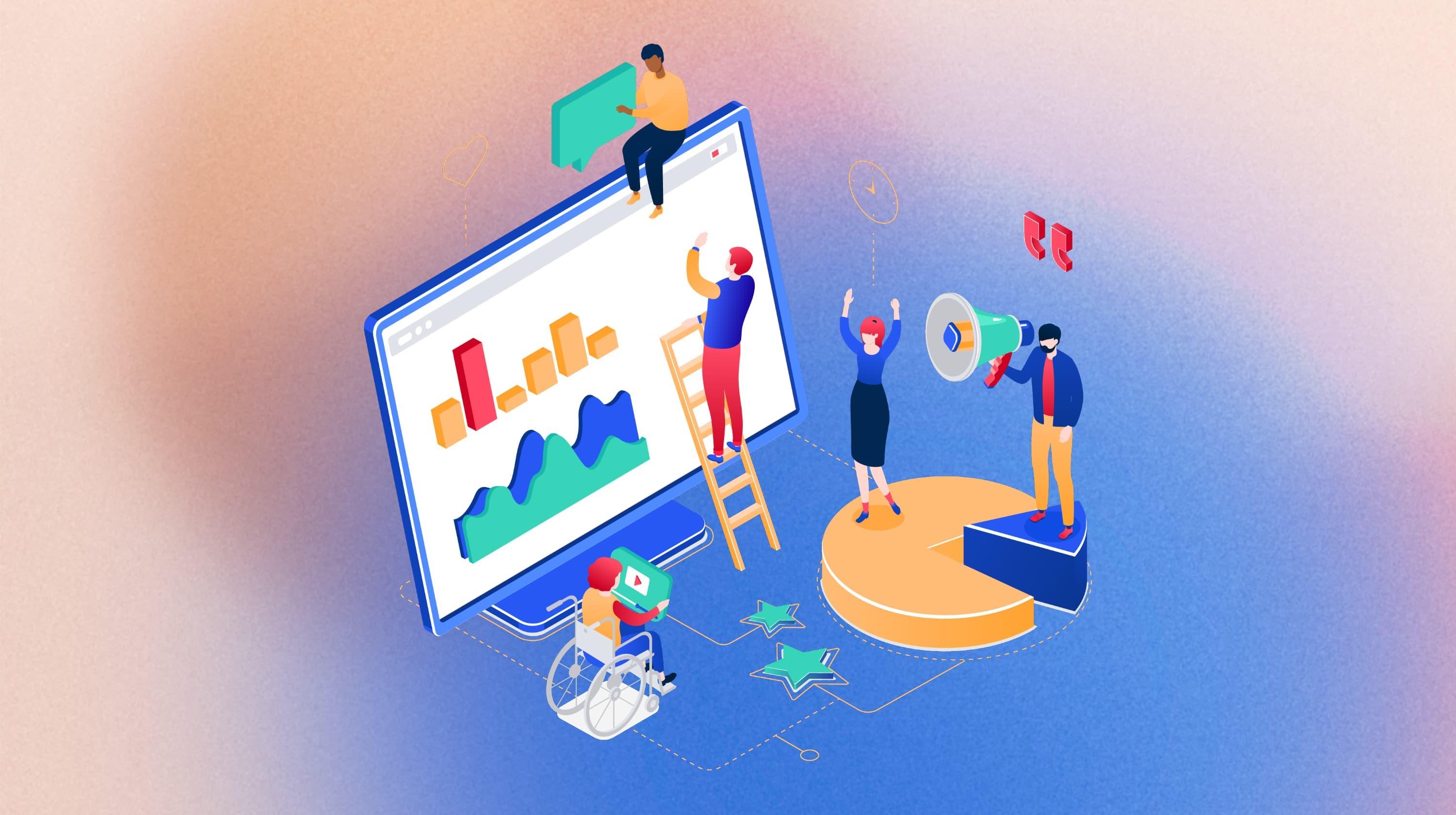I've stopped myself from saying "I'm not a developer," or "I don't code," or "I am not that techy."
It's true that I'm not a ‘true’ developer, but I've created a number of WordPress sites in the past. I might not be a pure coder, but I know some HTML and I've taken an interest in CSS recently. Whilst I don't consider myself a ‘tech’, I have been working in the tech industry for a number of years. There are some juxtapositions here, I know.
Realising your true value is a big step and it's something that most of us don't do well enough.
What I've learnt from working with WordPress is that you don't need to feel techy to feel involved. The WordPress world welcomes beginners and experts alike. Furthermore, everyone can offer valuable insight, whether you provide design tips, advice on multi-media content, or explain how to use social media effectively. It doesn't always need to revolve around coding, it's up to you what you bring to the table.
In the beginning
During my first two years in the tech scene, I was working with WordPress by handling company websites from a content perspective. I worked closely with my team, including digital designers, developers and WordPress specialists on new site builds. I was using WordPress every day, but I was not a part of the WordPress community. I ever even knew that it existed.
Discovering WordCamps
I started engaging with the WordPress community in Bristol, shortly after I joined a software start up called FlexiDB and began helping to create Mind Doodle, our new online mind map for teams. I'm the person behind our digital content, social media and marketing strategy and I've been leading our focus on user experience testing.
I first learnt about the scale of the WordPress community when my colleagues attended a WordCamp in the US. WordCamps are conference-style events, usually taking place over two or three days. These events are for anyone who is working with WordPress, whether you are a blogger, developer, designer, SEO or UX expert, entrepreneur, business or not-for-profit organisation.
After learning more about WordCamps, I met a graphic designer and a web developer who were in the early stages of planning the inaugural WordCamp Bristol. I volunteered alongside them to support the promotion of the first WordCamp Bristol by planning and implementing a social media strategy.
Showcasing Bristol to the wider WordPress community, who visited from all over the UK and abroad, could not have come at a better time. WordCamp Bristol took place just two months after Bristol was named the best place to live in Britain in the Sunday Times Best Places to Live guide. It referred to Bristol as a 'cool, classy and supremely creative' city. The event was a huge success and it brought the WordPress community in Bristol much closer together.
After getting to know the WordCamp Bristol voluntary team, I started attending local WordPress meet ups and attending other WordCamps in the UK and in Europe.
I've realised there are more and more ways to contribute to, or engage with, the WordPress community, both in Bristol and around the globe.
Working with WordPress
1. Development
When you think of working with WordPress, you probably think of web development. This certainly is a core part of WordPress, and being open source, any developer can write code for WordPress during a contributor day, which is pretty amazing. Most developers who are working with WordPress build websites, either working freelance or for a specialist agency.
Another way of working with WordPress as a developer is to build plugins or extensions. WordPress released its API earlier this year, so I'm expecting to see some exciting integrations being developed in the near future.
2. Design
Another important element of WordPress is design. Websites are pointless if people can't use them. If the design puts them off, you can't rely on a user to hang around. Globally, we're becoming increasingly fickle and it doesn't take much to turn us away. Digital designers, UX and accessibility experts and theme creators are holding together our economy with their clean, beautifully designed, enticing web pages!
3. Content
Blogging is where WordPress started. As an affordable and easy to use CMS, it is no wonder that WordPress attracted wordsmiths from far and wide. Content is even more important now, and in addition to creating customer-winning site content and blogs, we must consider the impact of SEO and social media. There are plenty of opportunities for bloggers, content creators, copywriters, social media and SEO experts for working with WordPress and the community, and this is an area that will continue to grow.
4. Businesses
Obviously, every business needs a website in this day and age. WordPress is a low cost option, whether a business owner creates the website itself or works with a freelancer, agency, or a group of specialists to put it together.
My WordPress future
As my team and I launch Mind Doodle (Beta), we are working closely with the WordPress community to create extensions that will benefit WordPress users, clients and businesses. Mind Doodle is a free online mind map for teams, which allows users to collaborate in real time and engage in 2D and 3D mind mapping, with space for images, files and data too.

We're hooking up to the WordPress API, as well as Google Analytics and social media data to bring users live data feeds straight into their Doodle, where they can generate 3D charts and build reports. WordPress users can even create and publish new posts directly from their Doodle.
I have some more WordCamps in the UK coming up and I hope to attend WordCamp Europe in Belgrade next year. The WordCamp Bristol organisers and I are already discussing next year's WordCamp, and we're looking into putting on a do_action day, which is a charity hackathon that uses WordPress to support and uplift local communities.
Your WordPress future
The WordPress community is welcoming. You don't have to be a developer, you don't have to feel completely techy or know every coding language out there. Working with WordPress is easy. And the best part is, if there's something that you don't know how to do, you can reach out to the community.
Whether this is online, through a chat forum, at your local meet-up group or at a national or international WordCamp, you'll be able to find someone who can answer your question.
Even better, you'll find a group of people who want to support you along on your journey.
Editor's note: For the easiest way to create a powerful website with WordPress, check out GoDaddy's WordPress Websites offering.






